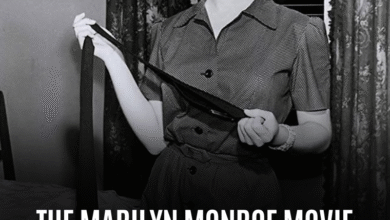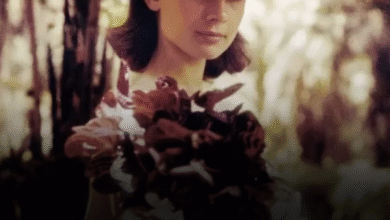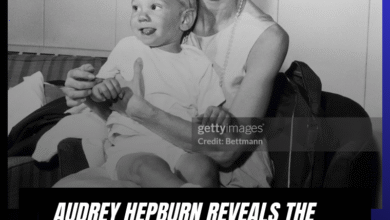Scarlett Johansson Reveals the Role She Regrets: ‘Talked About Like a Piece of Ass’
OPINION: This article may contain commentary which reflects the author's opinion.
Scarlett Johansson’s career has spanned a wide array of roles, from her breakout in indie films like Lost in Translation and Her to her iconic portrayal of Natasha Romanoff in the Marvel Cinematic Universe. However, Johansson has openly discussed the challenges she faced during her rise to fame, particularly regarding the sexualization of her characters in Hollywood. Despite her immense success, there was one role that stands out as a major regret: her portrayal of Black Widow in Iron Man 2.
While Johansson has spoken fondly of her experiences working on the Iron Man films and the Avengers series, her feelings toward the way her character was portrayed in Iron Man 2 are far more complicated. In a candid reflection, she addressed the overt sexualization of Natasha Romanoff in the 2010 film, which was one of her early entries into the superhero genre.
“I mean, you look at Iron Man 2, and while it was really fun and had a lot of great moments in it, the character is so sexualized,” Johansson explained. “Really talked about like she’s a piece of something, like a possession or a thing or whatever — like a piece of ass, really.” Johansson’s character was reduced to more than just an action hero—she was objectified, and her worth was depicted as largely based on her physical appearance.
Johansson pointed out a particularly cringe-worthy line from Tony Stark (Robert Downey Jr.), who refers to her in a way that felt demeaning, saying, “I want some.” At one point, her character is even referred to as a “piece of meat,” which Johansson admitted, at the time, might have seemed like a compliment. “Maybe at that time, that actually felt like a compliment. You know what I mean? Because my thinking was different,” she added, reflecting on how, as a young actress, she internalized certain toxic portrayals.
While this kind of portrayal may have been more normalized during the early 2010s, Johansson has seen how the industry has evolved in recent years. The actor expressed her appreciation for the positive changes in the way women are portrayed on-screen, noting how younger generations now receive a much more empowering message. “It’s changing now. Now people, young girls, are getting a much more positive message, but it’s been incredible to be a part of that shift and be able to come out the other side and be a part of that old story, but also progress,” Johansson said, acknowledging the shift in the industry’s mindset about women’s roles in films.
Johansson’s reflection on her role in Iron Man 2 comes after years of evolving both as an actress and as a public figure. While she has encountered sexism and limited roles throughout her career, she has also enjoyed a resurgence of more complex and meaningful parts in recent years. Her Oscar-nominated performances in Marriage Story and Jojo Rabbit are testament to the depth and range she now brings to her roles, far removed from the sexualized portrayals of her past.
Though Johansson’s time in the early Marvel films was marked by a struggle against typecasting, her ability to grow and redefine her career has been a remarkable journey. As Hollywood continues to move toward more nuanced representations of women, Johansson’s personal evolution within the industry serves as an important example of the positive changes underway, even if those changes were long overdue.
As the film industry adapts to a more inclusive and empowering narrative for women, Scarlett Johansson’s reflections on her early career and the sexualization she endured serve as a powerful reminder of the work still to be done. However, her journey is a hopeful one—demonstrating that growth, both personal and professional, is possible, even in an industry often slow to evolve.



